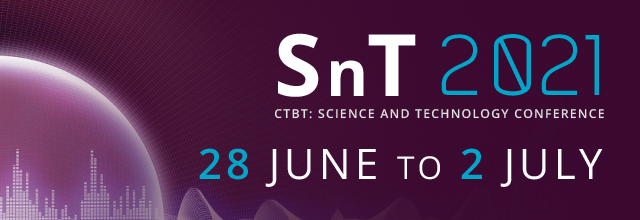Speaker
Description
Measuring airborne radioactivity typically requires large, static installations, limited in number and geographical distribution. By measuring the activity of matter deposited to the ground (by dry settling or wet scavenging), one can complement detections of airborne activity and improve overall data availability.
Many ways exist to detect deposited activity, such as using rain basins which capture precipitation for a known span of time, or directly sampling soil or bodies of water. The latter have certain drawbacks (e.g. ambiguity as to what timeframe of atmospheric activity is actually covered by the sample) leading to large uncertainties, but have the advantage that data can be gathered anywhere and at any time (including days or weeks after a plume of interest has already come and gone), without requiring any preexisting infrastructure.
This presentation compares between atmospheric- and deposition-based detection as practical techniques by treating a series of cases simulating individual 'puff' releases. In every case, we determine how sensitive the existing network of International Monitoring System (IMS) stations would be to the release, and subsequently the surface area which a hypothetical rain collection basin would require at every location to match the sensitivity to the release that is achieved by the IMS stations.
Promotional text
Since radioactive particulates are subject to wet deposition and gravitational settling, we perform a modelling study to test whether deposition measurements can complement existing airborne measurements for source reconstruction purposes.

